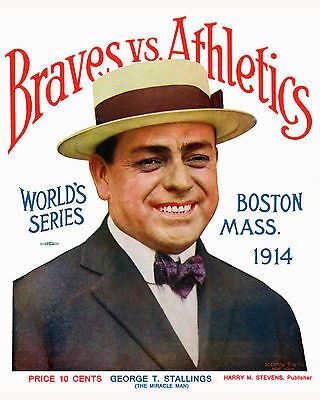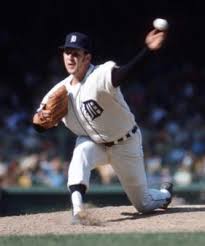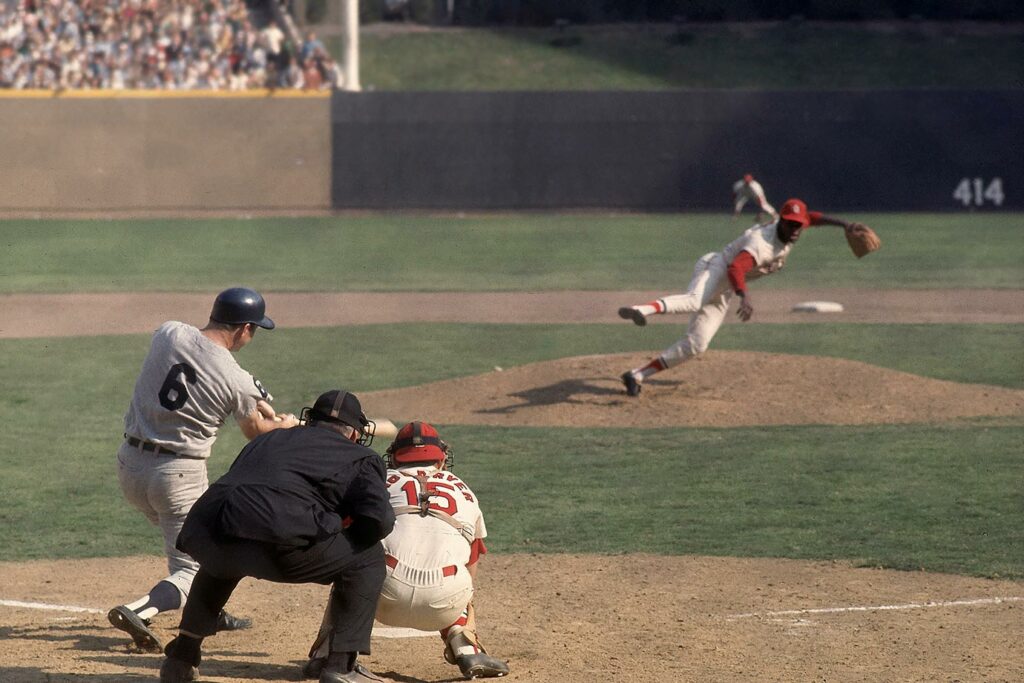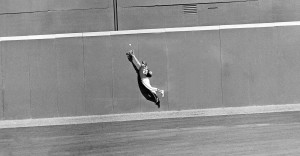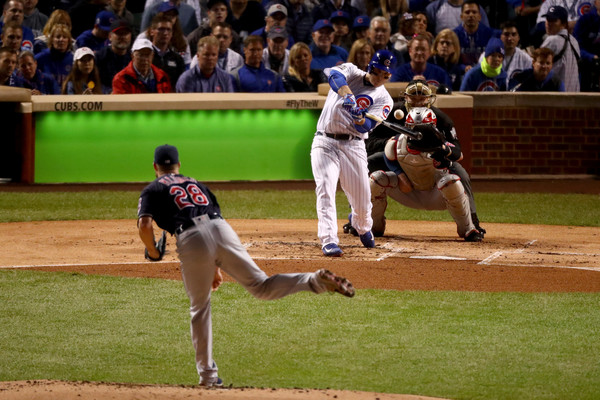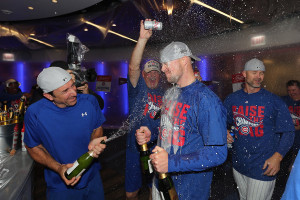The 1914 World Series: The Miracle Braves and the First Sweep Comments Off on The 1914 World Series: The Miracle Braves and the First Sweep
The 1914 World Series is often remembered for its incredible underdog story and the dominance of the Boston Braves, who completed the first-ever sweep in World Series history. The series pitted the Boston Braves, also known as the “Miracle Braves,” against the heavily favored Philadelphia Athletics, a powerhouse team led by legendary manager Connie Mack. The Braves’ victory was a defining moment in baseball history, proving that even the most unlikely teams could rise to the occasion on the sport’s biggest stage.
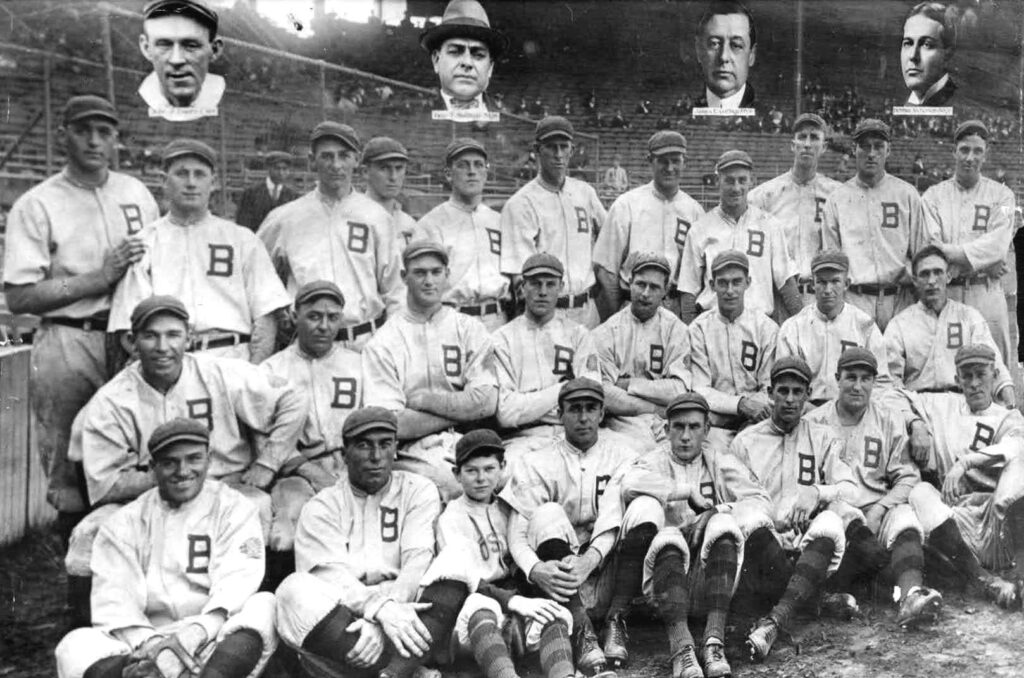
The Teams: A Contrast in Expectations
Heading into the 1914 World Series, the Philadelphia Athletics were the dominant force in baseball. Managed by Connie Mack, the Athletics had won the American League (AL) pennant by a comfortable margin, finishing the season with a 99-53 record. They were a team stacked with talent, boasting Hall of Fame players like pitcher Chief Bender, third baseman Frank “Home Run” Baker, and second baseman Eddie Collins. The Athletics were looking for their fourth World Series title in five years, having won in 1910, 1911, and 1913. Their wealth of experience and superior roster made them the heavy favorites.
In stark contrast, the Boston Braves were the epitome of an underdog. At the start of the 1914 season, the Braves were not considered contenders in the National League (NL). They had finished in fifth place the previous year and were languishing in last place as late as July 4, 1914. However, the team mounted an incredible comeback under the leadership of manager George Stallings. By the end of the regular season, the Braves had surged to the top of the National League, finishing with a record of 94-59 and winning the pennant by 10.5 games. Their remarkable rise earned them the nickname “Miracle Braves,” as they became the first team in MLB history to go from last place in July to first place by the end of the season.
Despite the Braves’ amazing turnaround, most observers still considered the Athletics to be the superior team, and few expected the Braves to put up much of a fight in the World Series.
Game 1: A Surprise Opening
The 1914 World Series began on October 9 at Shibe Park in Philadelphia, home of the Athletics. Boston’s ace, Dick Rudolph, took the mound against Chief Bender, one of the most dominant pitchers of the era. Rudolph had been a key figure in the Braves’ late-season surge, and he carried that momentum into Game 1, holding the powerful Athletics lineup in check.
The Braves stunned the Athletics with a 7-1 victory, with Rudolph pitching a complete game and limiting Philadelphia to just five hits and one unearned run. Boston’s offense, led by Hank Gowdy, came alive, and the Braves’ combination of solid pitching and timely hitting gave them an unexpected win. Gowdy, the Braves’ catcher, set the tone with three hits, including a double and a triple, while the Athletics’ vaunted lineup scored only an unearned run in the second inning.
Game 1 sent shockwaves through the baseball world, as the Braves had not only beaten the heavily favored Athletics but done so convincingly.
Read the rest of this entry →